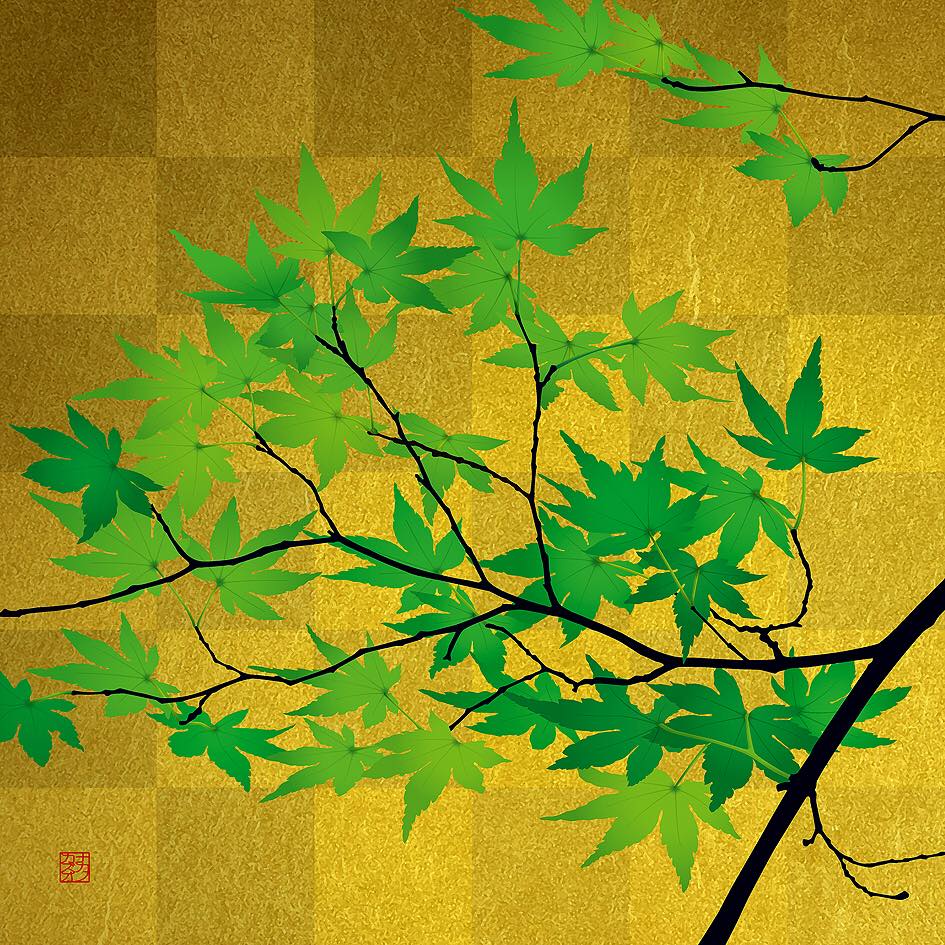
“Adore”
Nothing in this world is absolute
All living things will someday vanish and die
Nature works through repetition
In Japanese, this is called mono no aware*
‘An awareness of nature’s transience’
It is close to the Buddhist concept of impermanence.
Although it is invisible,
We sense a fundamental something in the depths
And put our palms together to pray
The word mederu conveys a deep adoration
For this invisible something
Japanese art is made with this unique sensibility.
It created wabi-sabi** and gave birth to the tea ceremony
As well as flower arrangements and zen gardens
For the Japanese, nature is more than a phenomenon
We show it reverence and awe
It is our comrade in ‘soul-training’
And so a profound adoration grows among us
By enjoying the beauty of flowers,
Admiring the moon, and loving people,
The Japanese live beside nature with adoring hearts
* Though the spelling is similar to words in English, this phrase is pronounced ‘moh- NOH NOH AH-wah-ray’
** Wabi-sabi is an aesthetic sense of appreciation for something that is inherently flawed. For example: a tea cup that is all the more lovely for having a crack in it.
「愛でる」
この世に絶対的なものはない
命あるものは必ず滅び消えてゆく
自然の営みとは、その繰り返しだ
その姿を日本人は「もののあはれ」という
「もののあはれ」は仏教的無常観に近い
目には見えないが
その奥に根源的なモノを感じ手を合わせる
「愛でる」とはモノに対する深い愛だろう
日本人独特の感性が生み出す芸術
それが「侘び、寂び」となり茶の湯が生まれ
生け花や枯山水庭園が生まれた
日本人にとって自然は単なる現象ではなく
畏敬の念を抱き
共に魂修行をする仲間なのだ
故に、そこに奥深い愛情が育まれる
花を愛で、月を愛で、人を愛でる
日本人は愛でる心で自然と共に生きている
